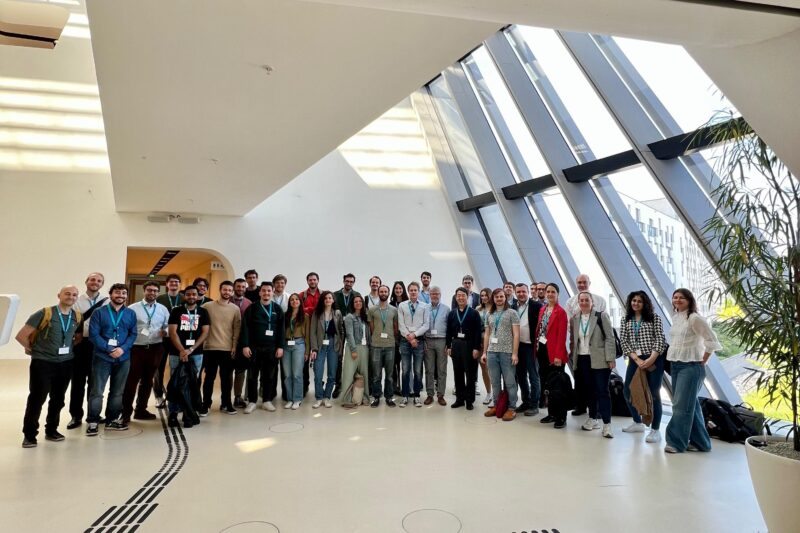
Fiscal Costs After Abolition of Asset Recourse in Long-term Inpatient Care
Projections indicate that this annual additional expenditure will rise to almost 600 million € by 2030. For the years 2019 and 2020, already additional expenditures of 289 and 308 million € (at current prices), respectively, are projected, followed by 427 million € in 2025.
The federal government compensated the Länder for costs resulting from the abolition of asset recourse of 295.5 million € for 2018. For the years 2019 and 2020, the compensation payments by the federal government are fixed at 300 million € each.
According to official statistics ("Pflegedienstleistungsstatistik"), public expenditure on nursing care services in 2018 increased by as much as 318 million € against 2017. "Part of this substantial increase in expenditure is, however, related to demographic and other effects beyond the abolition of the recourse", Matthias Firgo and Ulrike Famira-Mühlberger sum up in their report.
The abolition of self-recourse and the future annual valorisation of the care allowance ("Pflegegeld") also justify a reassessment of the longer-term expenditure paths in long-term care: from 2023 onwards, expenditure on benefits in kind will exceed that on care allowance. In total, public expenditure on cash and in-kind benefits will increase from 5.1 billion € in the base year 2018 to 9.1 billion € in nominal terms and 7.5 billion € in real terms in 2030. The projections in this report thus confirm the high dynamics of public spending on nursing care revealed in earlier WIFO studies.
Publications
Please contact
























